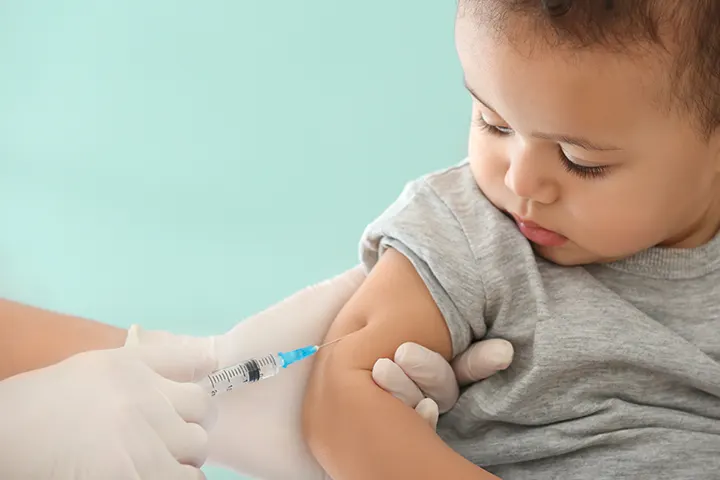
Balancing Nutrients for Mitochondrial Health and Detoxification: Child Vaccine Injuries
It’s crucial to understand the essential nutrients and therapeutic ranges that contribute to mitochondrial energy production, especially in the case of vaccine injuries or other health challenges.
Essential Nutrients for Mitochondrial Energy Production
Mitochondria, often referred to as the powerhouses of our cells, play a vital role in energy production. For a 50 lb child, these essential nutrients and their therapeutic ranges support optimal mitochondrial function:
- B1 (Thiamine): 6-32 mg
- B2 (Riboflavin): 5-24 mg
- B3 (Niacin): 32-64 mg
- B5 (Pantothenic Acid): 32-128 mg
- Magnesium (Mg): 224-352 mg
- Iron (Fe): 3-12 mg
- Manganese (Mn): 1-2 mg
- Copper (Cu): 0.2-0.8 mg
- Alpha-Lipoic Acid (ALA): 128-384 mg
- Coenzyme Q10 (CO-Q-10): 32-1258 mg
- Chlorophyll: 96-128 mg
- Quercetin: 640-3,200 mg
When choosing a liquid or chewable multivitamin for a 25 lb baby, ensure it contains therapeutic levels of Vitamin B5 and is free of high fructose corn syrup and GMOs. One option is the Allergy Research Group’s “Children’s Multi-Vi-Min 20 mg B5.”
Optional Nutrients for Mitochondrial Dysfunction (Vaccine-Injury)
In cases of vaccine injuries or mitochondrial dysfunction, consider these optional nutrients and their therapeutic ranges for a 50 lb child:
- Alpha-Lipoic Acid (ALA): 128-384 mg
- Coenzyme Q10 (CO-Q-10): 32-1258 mg
- Quercetin: 640-3,200 mg
- Pyrroloquinoline Quinone (PQQ): 6-32 mg
- L-Carnitine: 160-1,280 mg
- D-Ribose: 32-640 mg
- L-Arginine: 160-1,920 mg
- Resveratrol: 32-640 mg
- Glutathione: 84-3,200 mg (liposomal)
These nutrients can aid in mitochondrial recovery and overall health. However, it’s essential to consult with a healthcare professional, especially for children under 24 months.
Antioxidants for Detoxification
Detoxification is critical in cases of suspected vaccine injuries. Two key antioxidants for detoxification are:
- L-Carnitine
- Glutathione
While these are recommended for teenagers and older children, their use for younger children should be supervised by a healthcare professional.
Vitamin A (Retinol) and Omega-3 Fatty Acids
For a 25 lb baby, the recommended therapeutic range for Vitamin A (Retinol) is 1,000IU. Additionally, Omega-3 Fatty Acids should fall within the range of 320-1,440 mg for optimal brain and eye development.
Neurotransmitter Precursors
To support healthy neurotransmitter function, consider these nutrients and their therapeutic ranges:
- Inositol: 130-480 mg
- Choline: 160-480 mg
- N-Acetylcysteine (NAC): 96-960 mg
- L-Cysteine: 720 mg
- L-Tryptophan: 80-320 mg
- L-Tyrosine: 320-960 mg
- L-Taurine: 320-640 mg
- L-Lysine: 80-640 mg
- L-Glutamine: 480-640 mg
- L-Methionine: 480-960 mg
Remember that each child is unique, and their nutritional needs may vary. Always consult a healthcare professional or holistic practitioner to create a tailored plan that supports your child’s specific requirements.
The GMO Connection
Genetically Modified Organisms (GMOs) and their associated pesticides have raised concerns. While proponents argue for their safety, others have linked GMOs and pesticides to various health issues. Some diseases associated with GMOs and pesticides include ADHD, cardiovascular and respiratory diseases, tumors, liver and kidney toxicity, gastritis, and fatty liver disease.
The Seven ‘Pitfalls’
Navigating the modern world of nutrition and healthcare can be daunting. Here are seven common “pitfalls” many Americans unknowingly face:
- Vaccines
- Tap Water
- GMOs
- Pesticides
- Antibiotics
- CAFO (Concentrated Animal Feeding Operations)
- High Fructose Corn Syrup
Educating yourself about these potential pitfalls and making informed choices for your child’s nutrition and well-being is a crucial step in ensuring a healthy start in life.